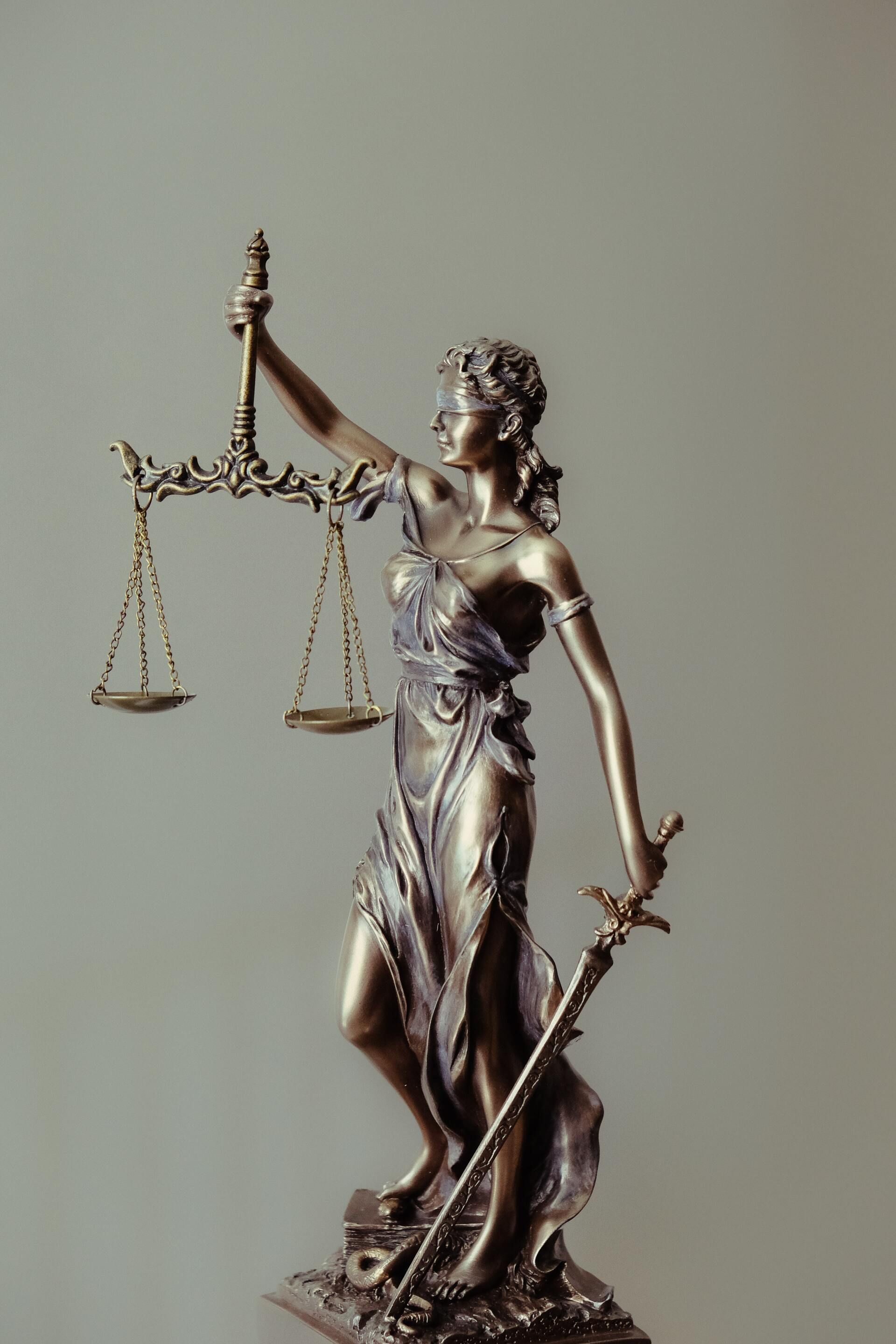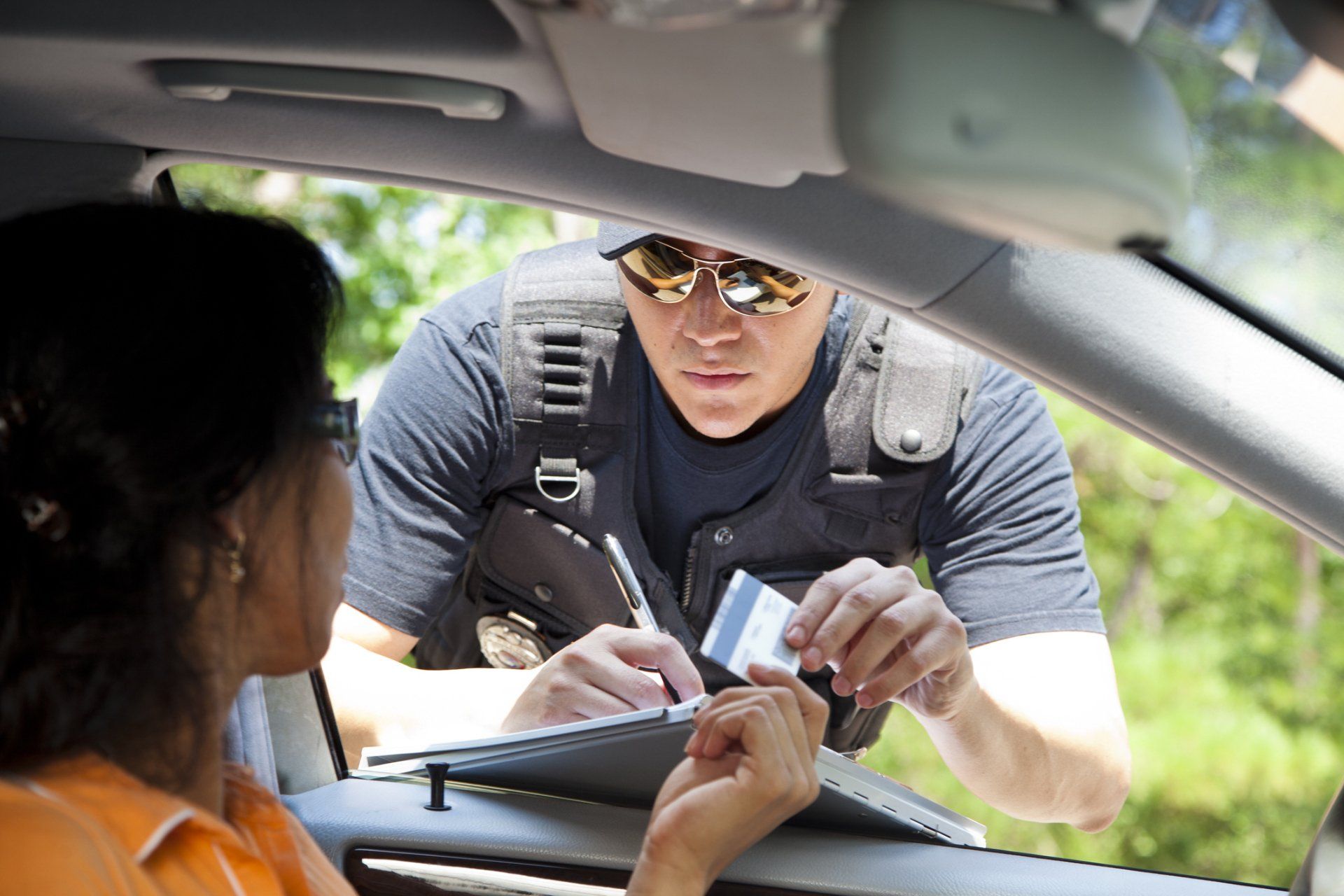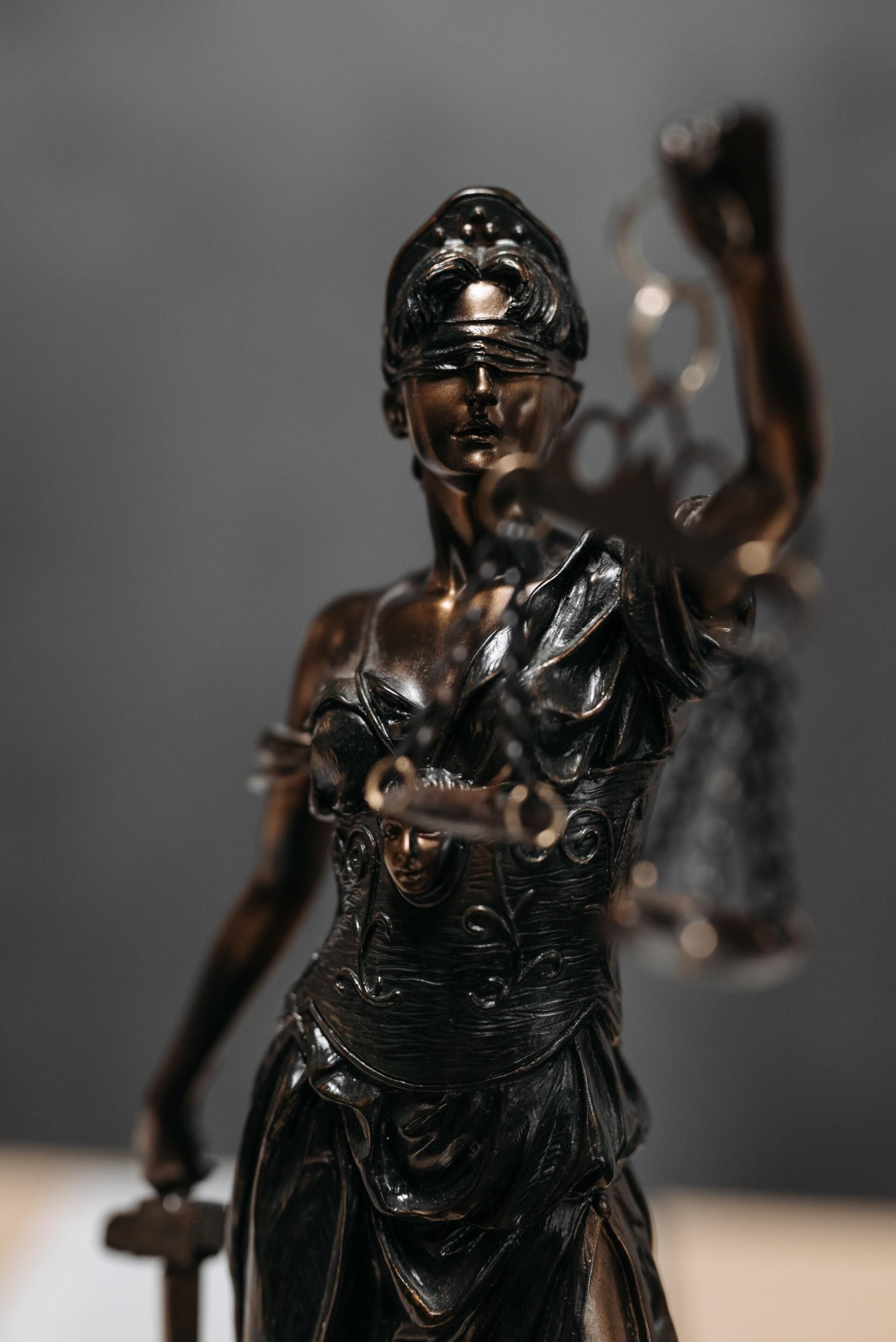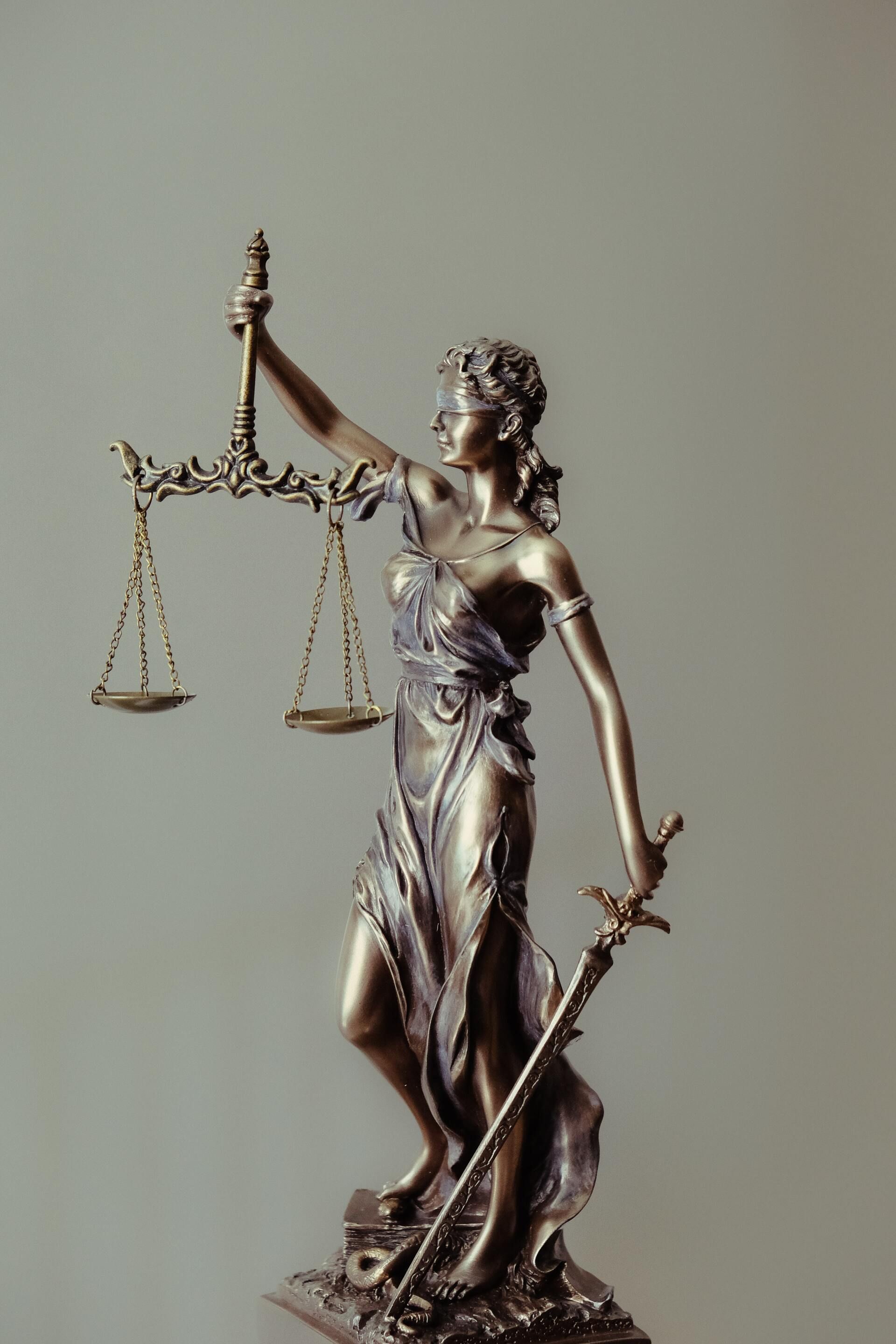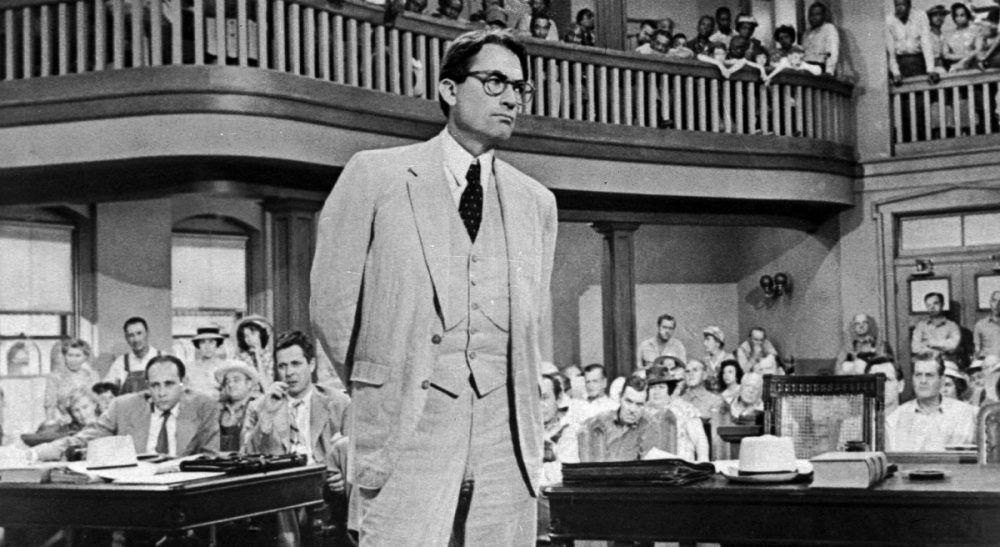Insights from Garner Law Office
Georgia Court of Appeals Limits Application of "Rycroft" Defense in Workers' Compensation
The Georgia Court of Appeals today limited the application of the so-called " Rycroft defense" in workers' compensation cases. Put most simply, the Rycroft defense allowed an employer to...
Read more
There Is No Such Thing as a Technicality
Technicality or Design? Our Constitution has safeguards built in for a reason. When an officer stops someone and lacks probable cause to believe a crime has been...
Read more
Is Offensive Speech Disorderly Conduct?
What conduct is disorderly? "Without provocation, uses to or of another person in such other person's presence, opprobrious or abusive words which by their very...
Read more
How Can An Attorney Help With Your DUI Case
Navigating Your DUI Defense: How an Attorney Can Help Facing a DUI charge can be overwhelming and frightening. The consequences of a conviction can be severe, impacting your driving privileges,...
Read more
DUI Law 101
Navigating DUI Charges: What You Need to Know Understanding DUI Charges and Their Consequences Facing a DUI charge can feel overwhelming. Whether it’s your first time or not, it’s important to...
Read more
5 Common Mistakes to Avoid When Filing a Workers' Compensation Claim
5 Common Mistakes to Avoid When Filing a Workers’ Compensation Claim Introduction Filing a workers’ compensation claim can be a complex and daunting process, especially when you’re recovering...
Read more
When Should I Pursue a Workers' Compensation Case?
A frequent comment I get from workers' compensation inquirers is "I don't know if I even need a lawyer for this." And often, they are right. But how do you know? Often, a case where a lawyer...
Read more
You've been charged with a DUI? Don't wait.
When charged with a crime, sometimes it's easy to assume that you have plenty of time to hire an attorney and defend the case. Sometimes, especially with a traffic citation, even a serious one...
Read more
Who is My Neighbor?
I am an attorney. I represent clients for a living. That means I have to do this in order to earn money to feed my family. But if that were the only reason I did it, I would lead an empty life...
Read more
What Can I Expect From My Lawyer?
If you've never hired a lawyer before, it can sometimes be difficult to know what to expect. And the truth is, often what you can expect will differ depending on the type of lawyer you hire. In...
Read more
What Makes Us Different?
My Design for Better Legal Representation When I started this firm back in 2014, I had a wide range of experience. I have been licensed and practicing in Georgia since 1998, but I started my...
Read more
Why Do I Need a Lawyer for a Traffic Citation?
So why should you hire a lawyer for a traffic citation? The short answer is "maybe you shouldn't." The longer answer follows. There are three main classes of people who contact us who need...
Read more
What To Do After a Car Wreck
An automobile accident is a traumatic event, whether you've been badly injured or barely escaped serious injury. How you proceed following a traffic accident can be the difference between...
Read more
Workers Comp 101
What to know, what to do A work injury can be a very disruptive event in a person's life. Those most affected are high wage earners who suffer a significant injury. The workers' compensation...
Read more
Do I Even Need A Lawyer?
How to know, and who to trust. One of the first comments I hear frequently when potential clients call my office is "I'm not sure if I even need a lawyer for this." And that is understandable....
Read more
Why You Should Hire a Local Lawyer
Personalized service, personal attention, accountability When I started this firm in 2014 in Dallas, Georgia, I had a clear vision of what I wanted it to be. The most important part of that...
Read more



